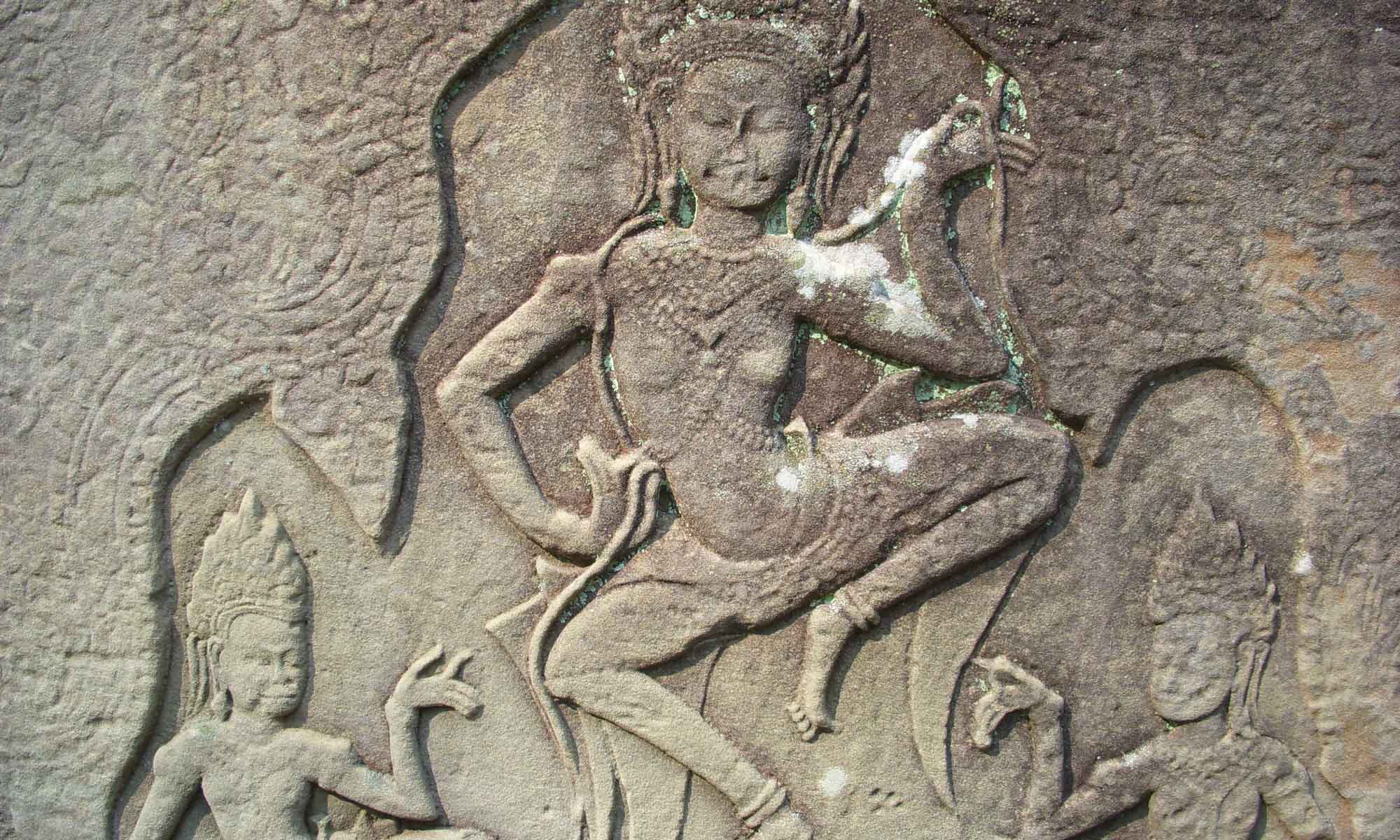Redeeming Ancient Agriculture from the Dustbin
with Vicki Noble
Wednesday, September 23, 2020
3 pm Eastern Daylight Time

Modern industrial agriculture is divorced from nature and culture, making it difficult for most citizens to imagine what it was like originally when the tasks of planting, growing, and harvesting were fully integrated into the daily life, spiritual practices, and economic sustainability of Neolithic and/or indigenous cultures. When people understood the soil to be alive with microorganisms and helpful living creatures like worms, and when they understood the cycle of seasons to be an expression of sacred natural law, the practice of agriculture involved profound meaning, not high yields and market value.
The ancient women who invented agriculture and governed the first communal societies were powerfully guided by their sense of belonging to a larger world of invisible forces and elemental powers so beautifully expressed in the Neolithic civilization of Old Europe; they belonged to the natural world and related to all the life within it. This extraordinary sense of belonging and interconnectedness can be seen in the archaeological materials they left behind, demonstrating not just artistic excellence and a love of beauty, but a lived appreciation of all the phases of life including birth, death, and regeneration. The same sense of belonging and sustainability are found in contemporary indigenous farming cultures.
Progressives have bought into the glib notion that the original move to agriculture ten thousand years ago was somehow destructive—the first fences, the beginning of all the problems we face today—which effectively erases several thousand years of sacred, ritual, communal, and sustainable horticultural practices that bear an uncanny resemblance to modern efforts at Permaculture and biodynamic farming. Only when patriarchy came into being around five thousand years ago did the massive destruction of land, water, and spirt take place. Ancient female-centered Goddess civilizations were peaceful, artistic and collective, practicing group custodianship of the land and elements, sharing resources, and resolving conflicts without violence, just as can be seen in contemporary matriarchal and indigenous cultures. They truly present us with a model for living well; we mustn’t throw the baby out with the bath water.

Vicki Noble is a feminist artist, healer, writer, and wisdom teacher, co-creator of Motherpeace and author of numerous books including Motherpeace: A Way to the Goddess, Shakti Woman: Feeling Our Fire, Healing Our World, and The Double Goddess: Women Sharing Power. For decades she has traveled and taught internationally; her books are translated and published in various languages. After teaching in Italy for twelve years and catching the attention of Christian Dior’s artistic director, Maria Grazia Chiuri, in 2017 Dior licensed the round feminist Motherpeace images for a special “cruise line” of designer clothing. At home in Santa Cruz, California, retired from teaching as a graduate professor in two Women’s Spirituality Masters Programs, Vicki facilitates private intensive tutorials and master classes for students and individual clients who come from around the world to study Motherpeace Tarot, learn Tibetan Buddhist Dakini practices especially adapted for them, or to simply deepen their understanding of ancient civilizations of the Goddess in prehistory and contemporary matriarchal cultures. By invitation, she teaches workshops and speaks in public venues in the U.S. and Europe.
Save these dates for upcoming Salons
October 7 at 3pm Eastern Daylight Time
Call Your Mutha’: A Deliberately Dirty-Minded Manifesto for the Earth Mother in the Anthropocene
Jane Caputi
October 21 at 3pm Eastern Daylight Time
When the Moon and the Sun are Daughters of Mother Earth. Analysis of Basque Cosmic Reality
Idoia Arana-Beobide
November 18 at 3pm Eastern Standard Time
Hieroglyphic Thinking
Normandi Ellis

The Salon recording will also be available to logged in members after the event.


You must be logged in to post a comment.